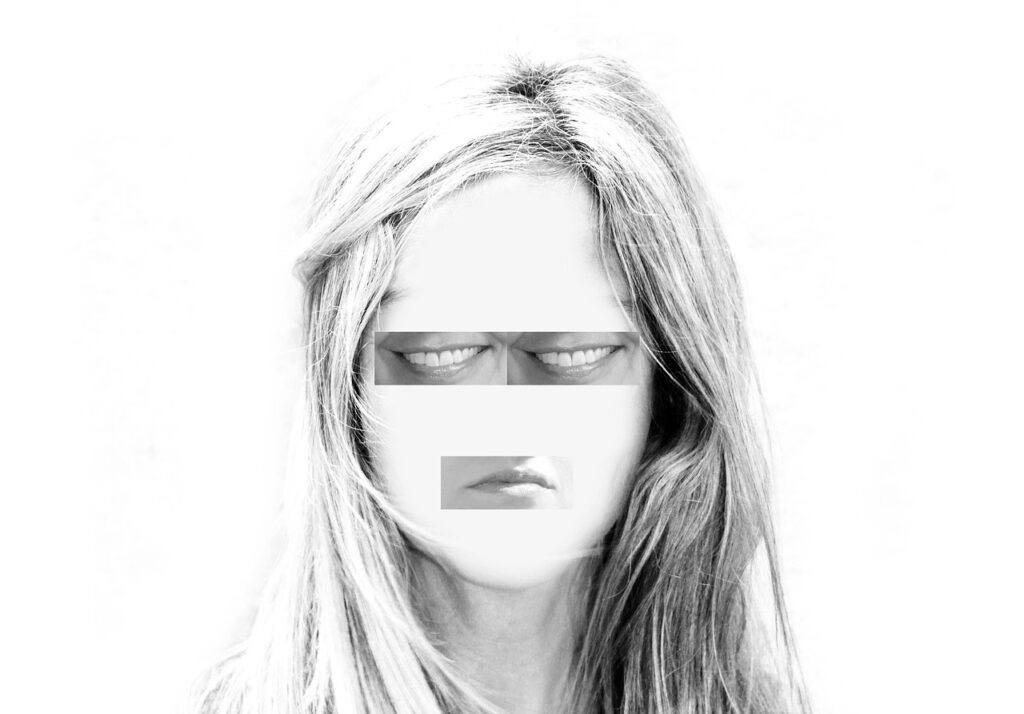 A recent research study found that children diagnosed with ADHD had a 10-fold increase in the later onset of bipolar disorder compared with children without ADHD. This is especially concerning because while bipolar disorder has long been known to be a comorbidity of ADHD. it has a more severe course when it occurs with ADHD, and is associated with a greater risk of suicide attempts.
A recent research study found that children diagnosed with ADHD had a 10-fold increase in the later onset of bipolar disorder compared with children without ADHD. This is especially concerning because while bipolar disorder has long been known to be a comorbidity of ADHD. it has a more severe course when it occurs with ADHD, and is associated with a greater risk of suicide attempts.
Bipolar Disorder Profile
Bipolar disorder comes in 3 types: Bipolar I, Bipolar II and Cyclothymic. The variations have to do with the length and severity of cycling between manic and depressive states.
Recent surveys show that in the U.S.:
- Annually, an estimated 2.8% of adults have a bipolar disorder diagnosis.
- Of all mood disorders, those with a diagnosis of bipolar disorder were found to have the highest likelihood of being classified with “severe” impairment (82.9%).
- The prevalence of bipolar disorder is similar in females and males (2.8% and 2.9%, respectively).
- The average age of onset is 25 years old.
- People ages 18 to 29 years old have the highest rates of bipolar disorder (4.7%) followed by those 30- to 44-year-olds (3.5%).
- 2.9% of adolescents have bipolar disorder, the majority of which have severe impairment.
Scientists now believe there is a strong, overlapping genetic component to both ADHD and bipolar disorder.
Higher Risk of Suicide
The impacts on overall health for someone diagnosed with bipolar disorder can be serious:
- Bipolar disorder results in an average 9.2 years reduction in expected life span.
- Up to 60% of people develop substance use disorders.
- The risk of suicide is high with 15% to 17% committing suicide.
- Men with bipolar disorder make fewer suicide attempts than women but are more likely than women to die when they did attempt suicide.
Treatment of Comorbid ADHD and Bipolar Disorder
The symptoms of ADHD and bipolar disorder can overlap to some degree and result in misdiagnoses for one or the other condition. Treatment of patients with comorbid bipolar disorder and ADHD is complicated by the fact that bipolar disorder is frequently treated with mood stabilizers, while ADHD is often treated with stimulant medication. Stimulant medications have a risk of exacerbating manic episodes for someone with bipolar disorder.
Recent research has shown some success in using both types of medications for these patients, but it must be monitored. The overall health impacts and the higher risk of suicide that accompany bipolar disorder make it imperative for individuals with ADHD to begin treatment as early as possible when symptoms of the condition first appear.
References
- https://www.psychiatrictimes.com/view/adhd-bipolar-genetics-diagnosis-treatment
- https://www.health.com/condition/bipolar/the-risk-of-suicide-for-bipolar-patients
- https://www.medicalnewstoday.com/articles/324366
- https://www.singlecare.com/blog/news/bipolar-disorder-statistics/
- https://pubmed.ncbi.nlm.nih.gov/29925436/


